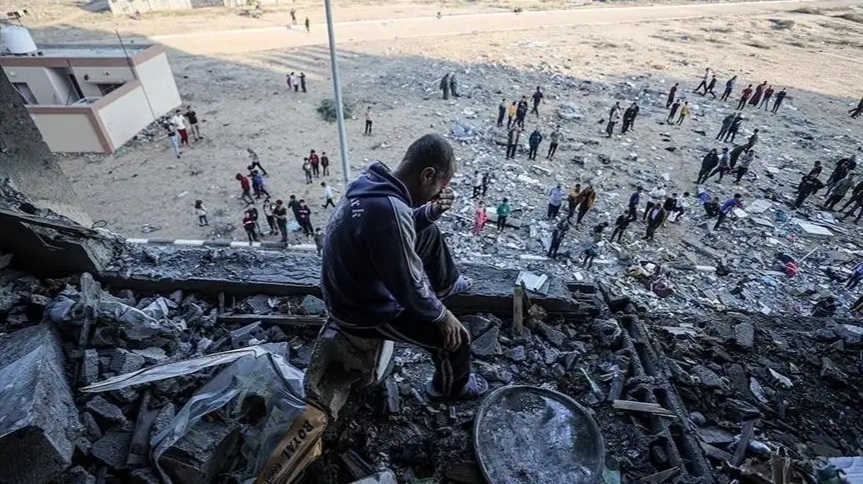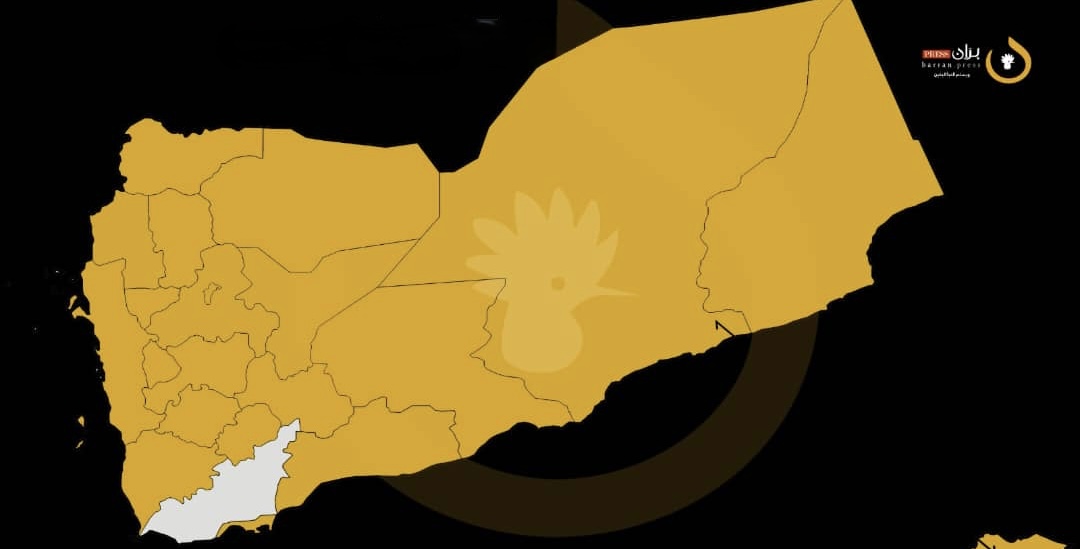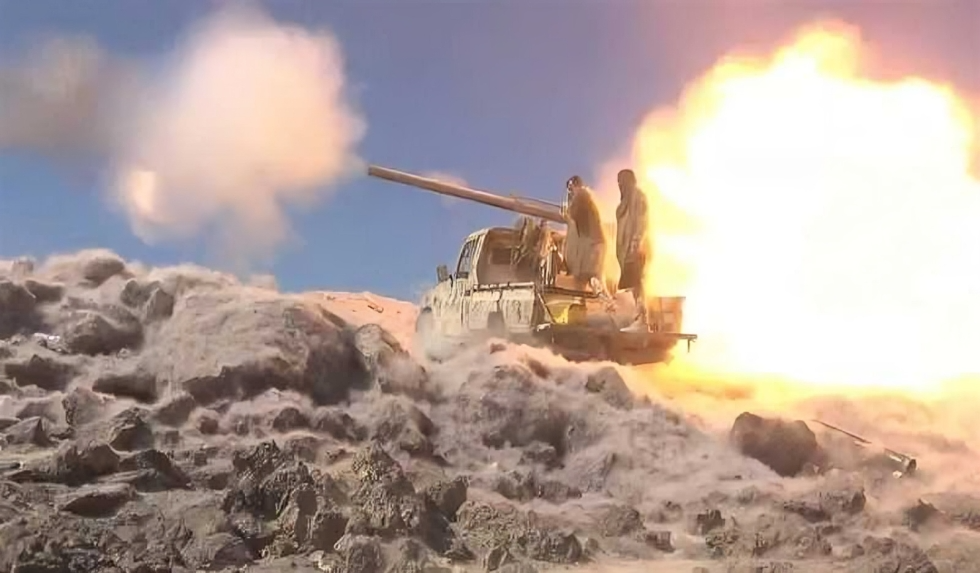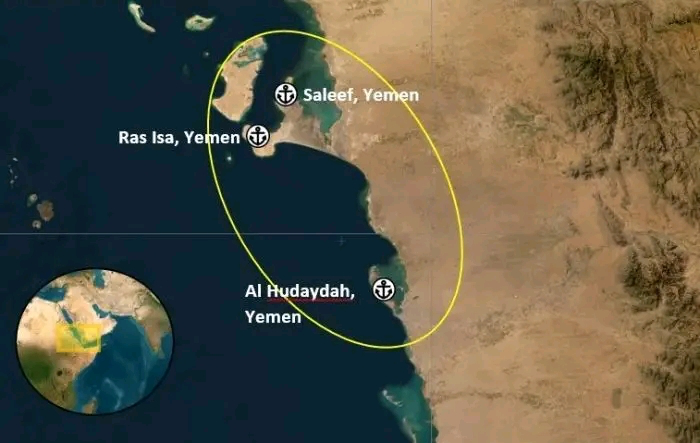
Barran Press - Anadolu Agency:
On October 7, 2024, the first anniversary of Israel's continuous assault on the Gaza Strip will be marked, a conflict that has left the region in ruins and has been described by UN officials as "devastated and unlivable."
Since the onset of this offensive, Israel has faced allegations of committing "war crimes," resulting in, as of October 4, 2024, a staggering 41,802 Palestinian fatalities, including 16,891 children, and 96,844 injuries, according to Gaza's Health Ministry.
The violence erupted on October 7, 2023, when Hamas launched a surprise attack on Israeli settlements and military sites adjacent to Gaza, leaving Tel Aviv in a state of shock and confusion. This incident has been termed the "largest intelligence failure in the country's history" by Israeli officials, who criticized the government led by Benjamin Netanyahu and the security apparatus for their inability to foresee the assault.
Hamas claimed the offensive was a response to ongoing Israeli aggression against the Palestinian people, particularly incidents involving Israeli forces and settlers at the Al-Aqsa Mosque in occupied East Jerusalem. Following the initial attack, it was reported that 239 Israelis were captured, with 101 believed to be in Gaza. A temporary ceasefire in November allowed for the exchange of some hostages, but Hamas reported that many others were killed in subsequent Israeli airstrikes.
Below is a timeline of significant events during this year of violence:
2023:
- October 7: The Surprise Attack
- Hamas launched a dual assault involving the firing of approximately 5,000 rockets and infiltrating Israeli settlements, resulting in 1,200 Israeli deaths and 5,431 injuries. In response, Israel initiated "Operation Iron Swords," reinforcing the blockade tightened since mid-2006.
- October 8: Hezbollah Enters the Fray
- Hezbollah commenced missile strikes on northern Israel, prompting Israeli retaliatory strikes in southern Lebanon. The exchanges of fire continued as both Hezbollah and Palestinian factions linked their actions to the ongoing conflict in Gaza.
- October 13: Evacuation Orders
- Israel issued evacuation notices to residents of Gaza and northern areas, home to around 1.2 million Palestinians, urging them to move southward.
- October 17: The Al-Ma'madani Hospital Massacre
- An Israeli airstrike on the vicinity of the Al-Ma'madani Arab Hospital resulted in over 500 Palestinian deaths. Following widespread international outrage, the Israeli military retracted its initial claim of responsibility.
- October 19: Houthi Involvement
- The Houthi movement in Yemen launched missiles and drones towards Israel, which were intercepted. They pledged ongoing attacks until the cessation of the assault on Gaza.
- October 21: Humanitarian Aid Begins
- The first humanitarian convoy entered Gaza, carrying 20 trucks of medical and food supplies after 13 days of a severe blockade. Despite this, aid remained critically low, far below the 600 trucks needed daily prior to the conflict.
- October 27: Ground Offensive Commences
- Israel began its ground operation in northern Gaza, with plans to extend military actions through central and southern regions, citing the need to free hostages and dismantle Hamas's military capabilities.
- October 31: Jabalia Massacre
- An Israeli strike on a densely populated neighborhood in Jabalia resulted in approximately 400 casualties, the majority being children, although precise figures were not available.
- November 15: First Assault on Al-Shifa Hospital
- Israeli forces besieged the Al-Shifa medical complex in Gaza City after a week of surrounding airstrikes, alleging the presence of tunnels—claims later debunked. The operation led to fatalities among patients and infants, with no official statistics released on the casualties.
- November 17: Famine Warning
- UNRWA announced that Palestinians in Gaza and the north were "on the brink of famine," resorting to consuming animal feed and grass due to severe restrictions on humanitarian aid from Israel. Approximately 800,000 people faced starvation as the blockade continued.
- November 18: Al-Fakhoura Massacre
- The Israeli military struck a school sheltering thousands of displaced individuals in the Jabalia refugee camp, resulting in the deaths of 200 Palestinians, according to official Palestinian television.
- November 24: Temporary Ceasefire
- A temporary four-day ceasefire was brokered by Qatari, Egyptian, and American mediators between Israel and Hamas, which was extended twice. This pause allowed for a brief halt in hostilities, prisoner exchanges, and the entry of humanitarian aid into Gaza.
- December 3: Ground Operation in Khan Younis
- The Israeli military commenced a ground operation in northern Khan Younis, citing the presence of a Hamas command center. Residents were warned to evacuate several neighborhoods that were classified as "safe zones," although many were already sheltering displaced persons from Gaza.
- December 15: Israeli Casualties
- The Israeli military reported the accidental killing of three Hamas hostages during ongoing combat in the Shuja'iyya neighborhood of eastern Gaza.
- December 29: Genocide Allegations
- South Africa filed a case against Israel in the International Court of Justice, accusing it of committing genocide. Seven other countries later joined the case. On January 26, 2024, the court ordered Israel to take measures to prevent acts of genocide against Palestinians and improve the humanitarian situation in Gaza.
2024
- January 3: Assassination of Al-Arouri
- Israel assassinated Saleh Al-Arouri, the deputy head of Hamas's political bureau, in a strike targeting a Hamas office in a densely populated area of Beirut, Lebanon.
- February 15: First Assault on Nasser Medical Complex
- Israeli forces raided the Nasser Medical Center in Khan Younis for ten days, resulting in numerous fatalities among displaced Palestinians and healthcare workers, along with significant destruction of the hospital's facilities.
- February 29: Al-Tahin Massacre
- Israeli forces opened fire on hundreds of Palestinians gathering for aid in southern Gaza, killing 118 and injuring 760. The death toll from starvation reached 400 during a new assault on March 12 against civilians awaiting aid in the Kuwait Roundabout area.
- March 8: Marine Port Initiative
- U.S. President Joe Biden directed the military to establish a temporary marine port near the Gaza coast to facilitate humanitarian aid deliveries under Israeli supervision. The port was operational by May 17 but was closed on July 10 after failing to meet even 1% of Gaza's needs amid allegations of military use.
- March 18: Second Assault on Al-Shifa Hospital
- Israeli forces invaded the Al-Shifa medical complex for a second time, resulting in extensive destruction and the discovery of mass graves containing the remains of Palestinians, some of whom were found decomposed, burned, or dismembered.
- March 24: Second Assault on Nasser Medical Complex
- Israeli forces occupied the Nasser Medical Complex for approximately two weeks, during which hundreds of Palestinians were reportedly executed inside. Authorities later uncovered a mass grave of individuals who were alive before the incursion.
- March 25: UN Security Council Resolution
- For the first time since the outbreak of hostilities, the UN Security Council adopted a resolution calling for an immediate ceasefire in Gaza during Ramadan. However, Israel did not adhere to the resolution.
- March 26: Claims of Hamas Leadership Targeting
- The Israeli military claimed to have killed Marwan Issa, Hamas's deputy commander, in a strike in the central Gaza region two weeks prior. Hamas did not confirm or deny the report.
- April 2: Attack on Global Kitchen Workers
- An Israeli airstrike targeted a convoy of the Global Central Kitchen organization in Deir al-Balah, killing seven workers of various nationalities, despite prior coordination with the Israeli military, leading to widespread condemnation.
- April 9: Turkey-Israel Trade Relations
- In response to the ongoing violence in Gaza, Turkey's Ministry of Trade restricted the export of 54 products to Israel and announced a complete cessation of trade in May, following the significant trade ties established in 2023.
- April 13: First Iranian Attack
- In a notable escalation, Iran launched 350 missiles and drones at Israel from its territory in response to rising tensions resulting from the ongoing conflict in Gaza, following an earlier Israeli missile attack on its consulate in Damascus.
- May 6: Operation in Rafah
- The Israeli military initiated a ground operation in Rafah, disregarding international warnings about the potential humanitarian impact on displaced Palestinians, subsequently taking control of the Rafah border crossing with Egypt.
- May 24: International Court Order
- The International Court of Justice ordered Israel to cease its military operations in Rafah following a petition filed by South Africa.
- May 26: Rafah Massacre
- Israeli fighter jets targeted a refugee camp in the Mawasi area of Rafah with multiple missiles, resulting in a massacre that killed 45 Palestinians, including 23 women and elderly individuals, and injured approximately 249.
- May 29: Control of the Philadelphia Route
- The Israeli military announced operational control over the Philadelphia corridor, which borders Gaza and Egypt. Full military presence in the area was established by June 7.
- May 31: Biden's Proposal
- In a speech at the White House, U.S. President Joe Biden revealed a three-phase proposal from Israel, which included a complete ceasefire, Israeli withdrawal from all territories, prisoner exchanges, and reconstruction efforts. On July 2, Hamas agreed to the proposal, but Netanyahu later reneged and added new conditions.
- June 8: Al-Nuseirat Massacre
- Israeli forces carried out a brutal assault on the Al-Nuseirat refugee camp, resulting in the deaths of 274 Palestinians, including 64 children and 57 women, during an operation aimed at freeing four Israeli hostages. The attack drew widespread condemnation from Arab, regional, and international entities.
- June 10: Security Council Resolution
- The UN Security Council adopted Resolution 2735, endorsing President Biden's ceasefire proposal announced on May 31.
- June 25: Food Insecurity Crisis
- A report from the Integrated Food Security Phase Classification indicated that 95% of Gaza's population was experiencing varying degrees of hunger.
- July 11: Philadelphia Corridor Controversy
- Netanyahu's insistence on maintaining Israeli military presence in the Philadelphia corridor to prevent alleged arms smuggling to Hamas became one of four conditions for his acceptance of a ceasefire agreement, significantly hindering negotiations despite objections from both Egypt and the U.S.
- July 13: First Al-Mawasi Massacre
- The Israeli military conducted airstrikes on displaced person camps in the "Nus" area, resulting in 90 Palestinian deaths and 300 injuries. Israeli claims of targeting senior Hamas leaders were denied by the group.
- July 31: Assassination of Haniya
- Israel targeted and killed Hamas political bureau chief Ismail Haniya in a missile strike on his residence in Tehran, following his attendance at the inauguration of Iran's new president, Masoud Bezhkishan. The assassination provoked multiple condemnations and warnings of potential regional escalation.
- August 6: New Leadership in Hamas
- Hamas announced the election of Yahya Sinwar, the group's leader in Gaza, as the new head of its political bureau, succeeding Haniya.
- August 10: Al-Tabi'in School Massacre
- An Israeli airstrike on the Al-Tabi'in school, sheltering displaced individuals, resulted in the deaths of over 100 Palestinians during dawn prayers, with many others injured.
- August 12: Israeli Prisoner Fatality
- Hamas reported the death of an Israeli prisoner and serious injuries to two others in separate incidents where guards opened fire, allegedly in retaliation for the killing of children during an Israeli attack.
- August 16: Gap Reduction Proposal
- The U.S. presented a new proposal to narrow the gaps between Israel and Hamas, aligned with Biden's principles from May 31. However, Hamas rejected it, claiming it failed to honor the agreement reached on July 2.
- August 18: Missing Bodies
- In a shocking revelation, Gaza's Civil Defense reported the "evaporation" of 1,760 bodies due to the use of internationally prohibited weapons by the Israeli military, with 8,240 individuals reportedly missing since the onset of hostilities.
- August 20: Reduction of Safe Zones
- UNRWA warned that Israel had reduced what it termed "safe areas" in Gaza to just 11% of the territory, following restrictions imposed in Khan Younis.
- August 20: Recovery of Israeli Bodies
- The Israeli military announced the retrieval of the remains of six soldiers who had been held in Gaza since October 7, in a joint operation with the Shin Bet security service.
- August 28: Major Operation in the West Bank
- The Israeli military launched a large-scale operation in Jenin and Tulkarem in northern West Bank, described as the largest in two decades, lasting ten days in Jenin and 48 hours in Tulkarem.
- August 30: Approval for Continued Presence in Philadelphia
- Israel's security cabinet approved the retention of military forces in the Philadelphia corridor as part of any future prisoner exchange and ceasefire agreement, drawing criticism from various Israeli political and security figures.
- September 9: Gaza's Educational Crisis
- The new school year commenced in the occupied West Bank, but students in Gaza continued to be deprived of education for the second consecutive year due to the ongoing conflict.
- September 10: Second Al-Mawasi Massacre
- Israeli forces targeted tents of displaced persons in the Al-Mawasi area west of Khan Younis, resulting in at least 40 Palestinian deaths, 60 injuries, and numerous individuals reported missing.





